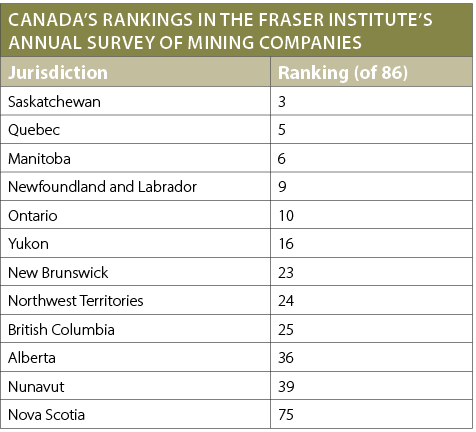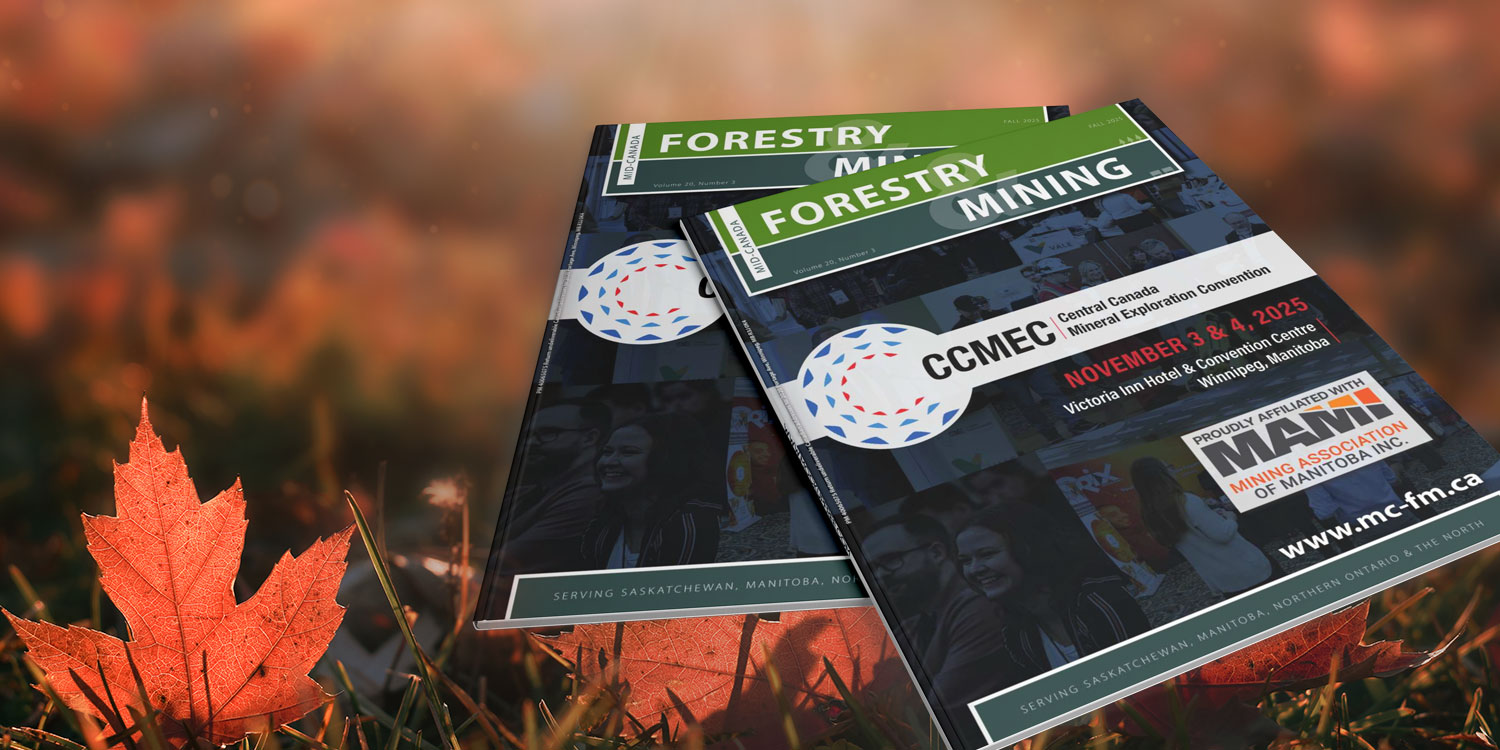For another year in a row, Saskatchewan remains Canada’s top-rated jurisdiction for mining investment, according to the Annual Survey of Mining Companies released on May 14 by the Fraser Institute, an independent, non-partisan Canadian public policy think-tank.
This year, Utah is the top-ranked jurisdiction worldwide for mining investment, followed by Nevada.
“The Fraser Institute’s mining survey is the most comprehensive report on government policies that either encourages or discourages mining investment, and Saskatchewan remains not only the top choice in Canada, but third overall globally,” said Elmira Aliakbari, director of the Fraser Institute’s Centre for Natural Resource Studies and co-author of the study.
This year’s report ranks 86 jurisdictions around the world, which is 24 more than the Annual Survey of Mining Companies conducted in 2023. The ranking system rates jurisdictions on their geologic attractiveness (minerals and metals) and government policies that encourage or discourage exploration and investment, including
permit times.
On overall investment attractiveness, Saskatchewan ranked in the global top three for the 5th time in six years (and in third overall for the second year in a row), followed by Quebec at 5th, Manitoba 6th, Newfoundland & Labrador at 9th and Ontario in 10th.
The report emphasizes that some Canadian jurisdictions are not capitalizing on their strong mineral potential due to a lack of a solid policy environment that would attract investment. For example, the Yukon and the Northwest Territories, despite being among the top 10 most attractive jurisdictions for mineral endowment, ranked 28th and 45th, respectively, when considering policy factors alone. Additionally, BC continues to perform poorly on the policy front largely due to investor concerns over disputed land claims and protected areas.
The Fraser Institute states that uncertainty surrounding protected areas, land claims disputes and environmental regulations continue to hinder mining investment in various Canadian jurisdictions.

“A sound and predictable regulatory regime coupled with competitive fiscal policies help make a jurisdiction attractive in the eyes of mining investors,” said Aliakbari. “Policymakers in every province and territory should understand that mineral deposits alone are not enough to attract investment.”
The Fraser Institute is an independent Canadian public policy research and educational organization with offices in Vancouver, Calgary, Toronto, and Montreal and ties to a global network of think-tanks in 87 countries. Its mission is to improve the quality of life for Canadians, their families and future generations by studying, measuring, and broadly communicating the effects of government policies, entrepreneurship, and choice on their well-being. For more information, visit www.fraserinstitute.org.


 1-866-985-9780
1-866-985-9780








